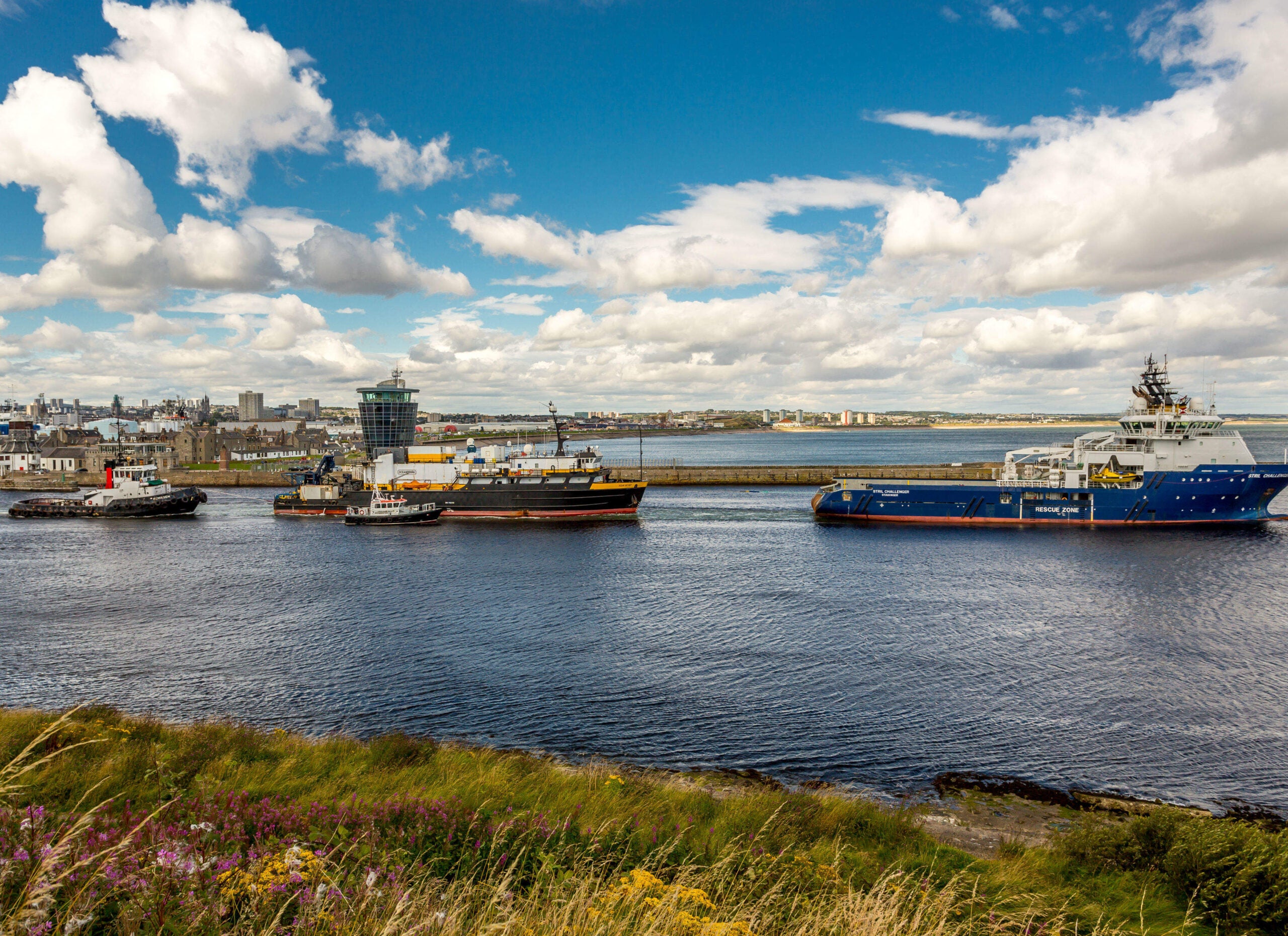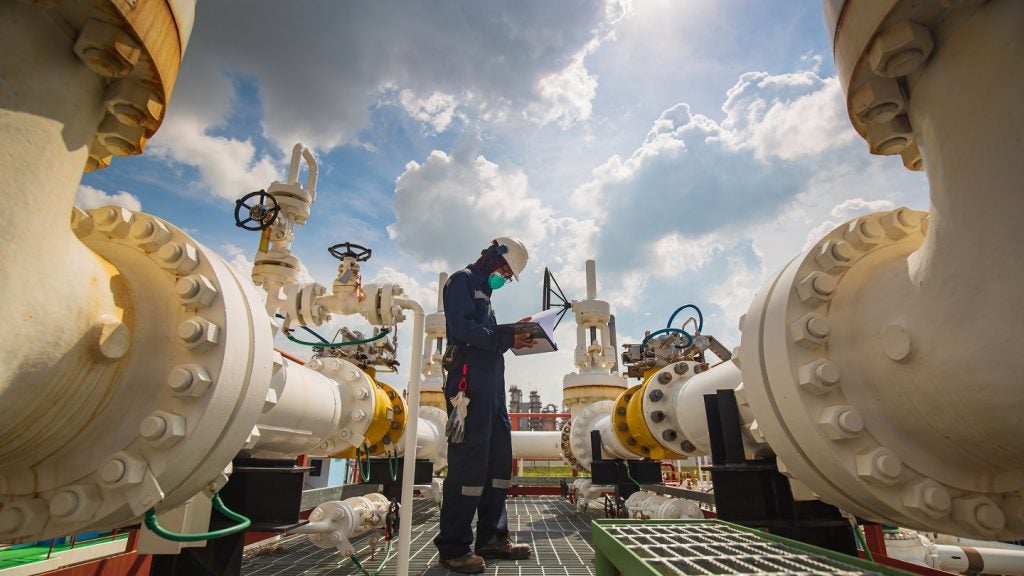

In 2013, the Secretary of State for Energy and Climate Change Edward Davey asked Sir Ian Wood to conduct a review of UK oil and gas, and point out how to make the most of economic recovery. One of the recommendations was to create a new body that would be responsible for supervising licensing processes and maximising economic recovery of oil and gas reserves. From this proposal the Efficiency Task Force (ETF) was set-up and in September it launched.
Falling prices and industry cuts
Steadily declining oil prices have played a part in the suggestion of setting up a new task force, as costs per barrel are now at their lowest since 2009. The price of Brent crude, the global benchmark, was more than $100 last year but fell to just over $50 this September.
"Tackling efficiency has been at the forefront of industry minds for some time," says ETF leader John Pearson. "But has become more acute and urgent as the value of our end product has more than halved in the last year."
He adds that: "We now need to step up, increase the effort and resource we’re putting in, and get the job done as a united industry."
See Also:
To make the most of the low oil price conditions, one drive for the task force is to maximise economic recovery of the UK Continental Shelf.
How well do you really know your competitors?
Access the most comprehensive Company Profiles on the market, powered by GlobalData. Save hours of research. Gain competitive edge.

Thank you!
Your download email will arrive shortly
Not ready to buy yet? Download a free sample
We are confident about the unique quality of our Company Profiles. However, we want you to make the most beneficial decision for your business, so we offer a free sample that you can download by submitting the below form
By GlobalDataLarge fields were discovered in the North Sea in the early days of exploration. There were about 90 in the 1990s and today there are over 300. However, recent discoveries are smaller and new fields are more marginal. There are just 15 exploration wells now compared with 157 in 1990.
Companies must collaborate more and interconnect their fields to ensure conditions remain economical therefore able to support them. There is also growing competition from international offshore regions, offering cheaper imports of oil, so the UK industry saw a 37% fall in production between 2010 and 2013.
ETF aims to uncover the real value of the UK sector, focusing on the initiatives that are beneficial, by building on arrangements already in place between companies.
ETF’s strategy
Ultimately, Oil & Gas UK wants to bring about significant cost savings with the ETF. John Pearson outlined three themes that the group plans to follow: Cooperation, Culture and Behaviours, Standardisation and Business Process.
The cooperation theme aims to deliver a behavioural change to the industry. The sector needs to compete in and adapt to a lower price world, so an Efficiency Charter is being put in place as well as efficiency sharing events for companies to attend and discuss ideas.
Standardisation is the method of simplifying businesses’ approaches to finding solutions that lower costs, bring faster delivery, and generally reduce the complexity of operations. Making operations and systems simpler and quicker could deliver significant savings in the long run.
Business Process is an industry-wide way of achieving savings. The ETF is reviewing the ongoing daily operations in the offshore oil and gas industry, to find ways that companies can work together to share resources. For example, by sharing high-value equipment and creating visibility of stock holdings across the sector.
Already, the ETF holds a massive data set so analysing it all effectively could be highly beneficial to reducing costs associated with things like storage, maintenance and logistics.
The efficiency of compression systems is high on the ETF’s list of items to tackle. The systems have been accountable for production losses equivalent to around 20 million barrels of oil each year, so plugging this hole could produce significant cost savings.
Oil & Gas UK’s chief executive Deirdre Michie says that "becoming more efficient is the most critical challenge we face today." She adds that oil and gas currently account for 70% of the UK’s primary energy demand, and this is unlikely to change any time soon. According to the Department of Energy, this could remain the case until 2030. She is hopeful about the part the ETF will play in this sector.
"Early signs show this concerted effort is paying off, as production from our sector has increased this year and the cost of operating on the UK Continental Shelf is expected to fall by the end of 2016," she says. "There is, however, still much more to do. It is imperative we pull together to achieve even greater strides forward."
Adapting to the future of oil and gas
A recent report by Oil & Gas UK called The Decommissioning Insight has forecast that the total decommissioning expenditure on the UK Continental Shelf will reach £16bn over the next ten years. During this decade, Oil & Gas UK’s operations director Oonagh Werngren has said that 79 platforms are anticipated to close, which is about 17% of the 470 installations that require taking out of service in the next 30 to 40 years.
"While the industry recognises decommissioning activities are steadily growing," says Werngren, "Its focus is to maintain offshore production in the North Sea for as long as it’s safe and economically possible to do."
The report provides the industry with these decommissions, so that companies can increase the efficiency of activities while offshore oil and gas remains a major part of the UK’s energy industry. It highlights that the creation of the Efficiency Task Force will further reduce costs once it takes full effect.
Oil & Gas UK’s business development director Stephen Marcos Jones says that The Efficiency Task Force will "hold a mirror up to the industry with the aim of transforming our sector from within", allowing companies to plan and act together.
"As the industry’s leading trade association, Oil & Gas UK isn’t instructing or enforcing change," he says. "But we have been listening to our members and believe it’s increasingly vital we have in place an effective means of sharing – expertise, resources and ideas – throughout the supply chain."
Some companies are already addressing efficiency and costs, such as Total which has seen a 12% increase in completing planned tasks over three months by encouraging offshore teams to use visualisation techniques to help them improve planning, operations and maintenance activities. BP has also halved its storage locations and generated around $32m by disposing of scrap materials.
Oil and gas is going to be an important part of the UK’s energy sector for several years to come, so it is vital that Oil & Gas UK ensures that exploration and production in the sector stays as efficient as possible, to remain competitive. Oil & Gas UK has access to a lot of data and The Efficiency Task Force is the first step in making use of this for the good of the industry.





